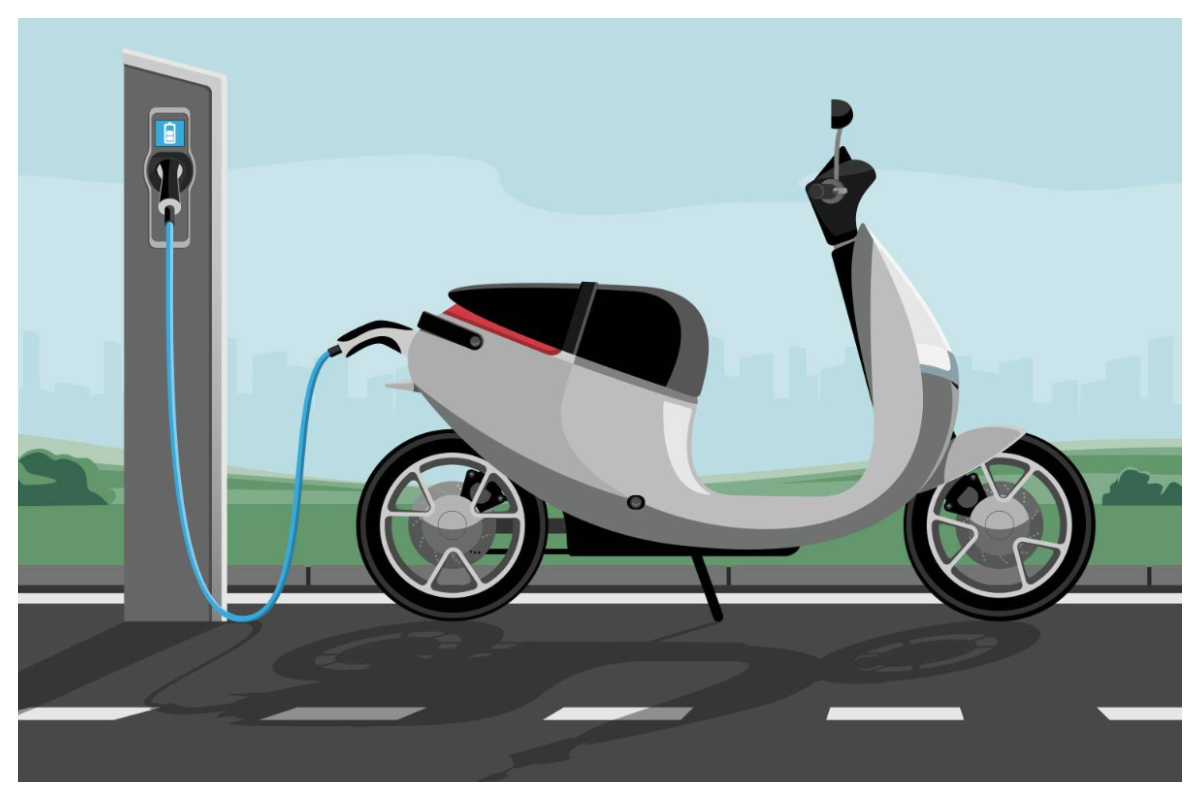Punjab Government Aims to Extend Lahore’s Metro Train Network
Punjab Government to expand Lahore's metro network with Blue and Purple Line...

Govt Grants 34 EV Manufacturing Licenses in Pakistan
The Ministry of Industries and Production has issued licenses to 34 companies producing two and three-wheeler electronic vehicles (EVs). Engineer Asim Ayaz from the Engineering Development Board mentioned this during a webinar on Pakistan’s Electric Vehicles Market Potential hosted by the Sustainable Development Policy Institute (SDPI) on Monday, highlighting the growing interest of private partners in EV manufacturing.
He emphasized that the main challenge currently is the absence of financing options for customers nationwide, given that EVs are pricier due to battery costs compared to fuel-based vehicles. He also mentioned that the Ministry is considering a proposal to install EV charging stations at every gas station.
“The Ministry has compared the National EV Policy with Malaysia and others which is good in tariff, but we lacked funding streams and financing solutions. We are closely working with LUMS and other industry partners for the adoption of EVs,” Ayaz also mentioned that improved cooperation among Ministries and related departments is vital for efficiently implementing policies and establishing a structured tariff system.
Experts at a webinar discussing Pakistan’s Electric Vehicles Market Potential stated that transitioning from conventional fuel-based vehicles to Electric Vehicles (EVs) would be challenging without an efficient funding mechanism and collaboration between government and private sectors.
As part of its Monday webinar series, SDPI hosted an online discussion titled “Pakistan’s Electric Vehicle Market: Challenges, Opportunities, and the 2030 Agenda” at their venue.
During the event, Dr. Naveed Arshad mentioned that battery technology is advancing and needs research and development, as well as increased funding and technical resources, with academia playing a role in providing the latter.
Dr. Arshad, Associate Professor at LUMS, noted the availability of significant international funding for EVs, suggesting Pakistan could access it without IMF or World Bank support. He emphasized the global interest in EVs for reducing carbon emissions rather than economic benefits, proposing that Pakistan align its EV plans with GHG reduction goals to attract funding. Dr. Arshad recommended managing global climate finance through a competitive process for well-planned projects, highlighting the importance of speed in achieving goals.
Ahmed Sajeel of Deewan Motors BMW mentioned that Japanese car companies’ resistance to Electric Vehicles (EVs) is unsustainable given the global shift towards EVs in the automotive industry. He appreciated the Ministry of Climate Change and Environmental Coordination’s support for EVs but stressed the need for a sustainable policy framework in Pakistan to avoid delays. Sajeel emphasized that EVs alone are not sufficient; developing infrastructure and manufacturing EV components locally using Pakistan’s natural resources like silica is the path forward.
Midhat Waris mentioned that Shell Global operates the largest EV infrastructure globally with over 1000 EV charging stations worldwide. She noted that Shell has introduced its EV rapid chargers in Pakistan and recently launched its largest EV charging station in China with 250 charging points. Waris expressed the ambition to secure strategic positions in EV charging in Pakistan, highlighting the importance of the partnership with K-Electric to achieve this goal.
Dr. Aazir Anwar Khan mentioned that globally, the focus on Electric Vehicle (EV) manufacturing revolves around electronics and architecture production. He highlighted the significant socioeconomic impact of EVs, particularly on the middle class who often rely on two or three-wheelers. Dr. Khan noted the substantial air quality and environmental challenges in Pakistan due to emissions from the transportation sector, with motorbikes alone consuming 60% of the imported oil. He emphasized the country’s direct transition from fuel-based vehicles to EVs, citing the positive outlook and the need for private funding to support these systems.
Catch all the Business News, Breaking News Event and Latest News Updates on The BOL News
Download The BOL News App to get the Daily News Update & Live News.